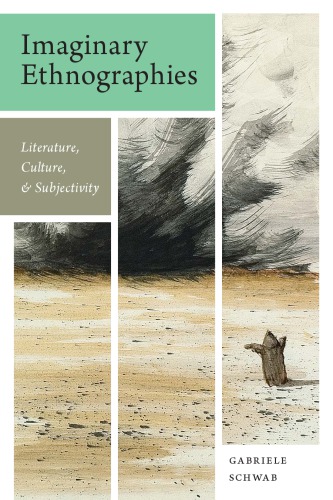

Most ebook files are in PDF format, so you can easily read them using various software such as Foxit Reader or directly on the Google Chrome browser.
Some ebook files are released by publishers in other formats such as .awz, .mobi, .epub, .fb2, etc. You may need to install specific software to read these formats on mobile/PC, such as Calibre.
Please read the tutorial at this link: https://ebookbell.com/faq
We offer FREE conversion to the popular formats you request; however, this may take some time. Therefore, right after payment, please email us, and we will try to provide the service as quickly as possible.
For some exceptional file formats or broken links (if any), please refrain from opening any disputes. Instead, email us first, and we will try to assist within a maximum of 6 hours.
EbookBell Team

5.0
90 reviewsSchwab's study draws on anthropology, philosophy, critical theory, and psychoanalysis to trace literature's profound impact on the cultural imaginary. Following a new interpretation of Derrida's and Lévi-Strauss's famous controversy over the indigenous Nambikwara, Schwab explores the vicissitudes of "traveling literature" through novels and films that fashion a cross-cultural imaginary. She also examines the intricate links between colonialism, cannibalism, melancholia, the fate of disenfranchised children under the forces of globalization, and the intertwinement of property and personhood in the neoliberal imaginary. Schwab concludes with an exploration of discourses on the posthuman, using Samuel Beckett's "The Lost Ones" and its depiction of a future lived under the conditions of minimal life. Drawing on a wide range of theories, Schwab engages the productive intersections between literary studies and anthropology, underscoring the power of literature to shape culture, subjectivity, and life.